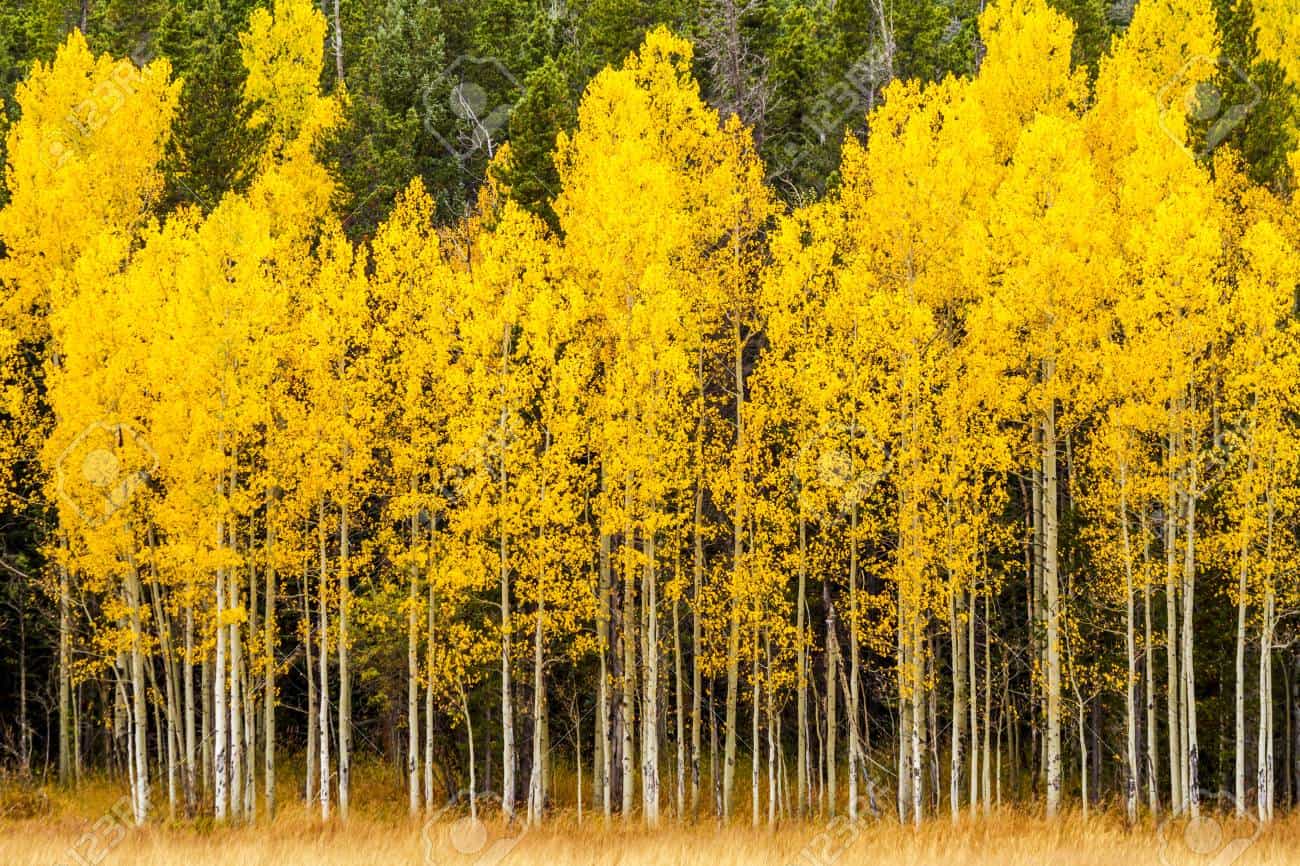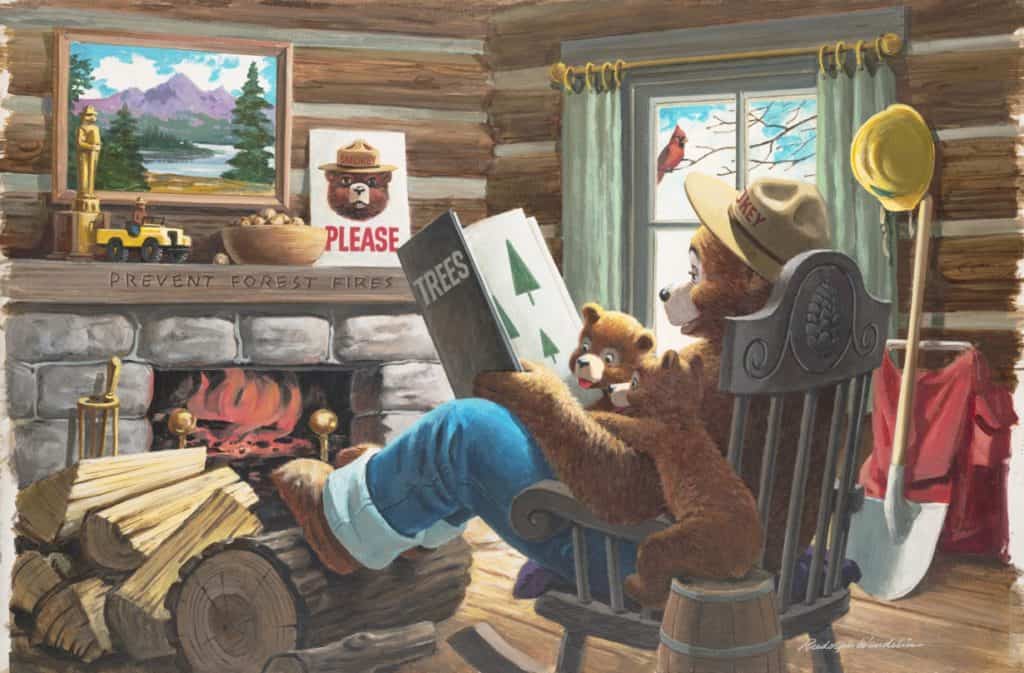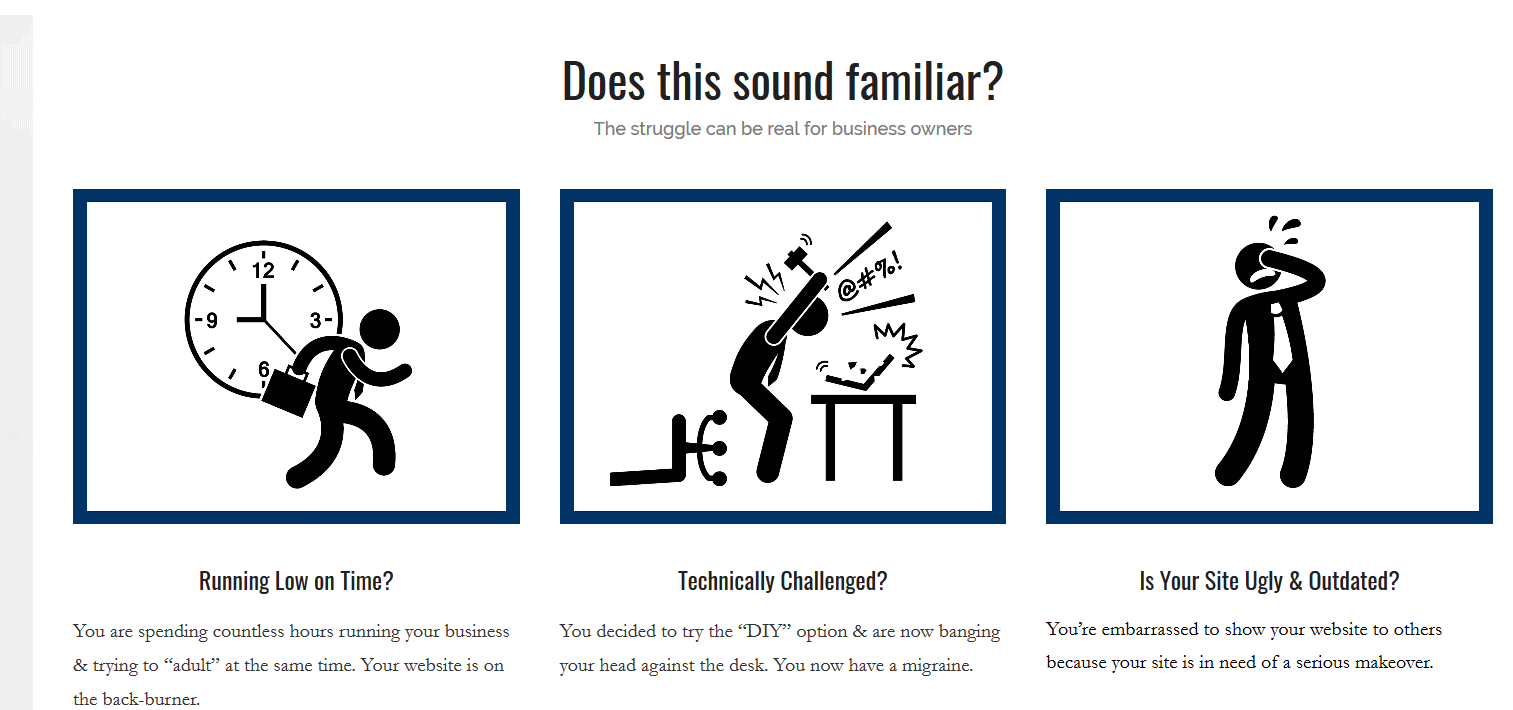I’ll be off for a week starting Monday. Please feel free to email if there are problems like the website is down, or people are being unusually fractious. Email is on the donate widget to the right.
Blog -Workin’ It
Comment Problem Fixed
If you had trouble commenting, please try again. Thank you for your patience!
Volunteers Wanted for The Smokey Wire
I’m interested in getting one or more volunteers for The Smokey Wire. I’ve accumulated way more interesting stories than I have been able to find the time to post. Also, there are many I need to write myself to explore areas that the news hasn’t covered.
It could be as simple as taking a list from me and posting the links and excerpts on The Smokey Wire. I actually got paid to do this for another outlet until I was abruptly fired for interjecting my opinion, so this activity might look good on a future resume. And of course, you would be welcome to add your own opinions and questions for discussion. There would be little or no pressure to produce by a certain time period, as I say to guest contributors, our issues are not going away soon so there’s no hurry.
I was thinking it would be a good experience for a student, since students have contacted me and told me how helpful TSW has been to their studies. On the other hand, it might be good for retirees as well. And of course, I’d be willing to train anyone in how to use WordPress.
Working with me: I think I’m fairly easy to work with, although others might disagree. I’ve mentored many people in the FS and supervised many. I’ve got all the academic credentials, and have served on student committees in the past. I’m willing to do the paperwork to have a formal internship if desirable.
It’s fun for me, and it might well be fun for you! Plus educational, learning new skills and all that. Please consider it. If you have questions or are interested please email me at [email protected].
Happy Thanksgiving to All!

There are many things to give thanks for this year.. health care professionals, people who work on vaccines, those folks in the energy, fuel and food supply chain that provide us with the food and the visitors gracing our doorsteps tomorrow. In previous years, we may have more or less taken them all for granted, but not this year.
On a more forest-y note, I am grateful for the Infrastructure Bill and the possibilities for beneficial actions therein. Even though it was last year, (but the funding continues through 2025), I am also grateful for the Great America Outdoors Act. Not only do I appreciate the bucks going towards things I like, but also the fact that useful work can be done in a bipartisan manner through Congress. There is hope.
Finally, there are so many people at The Smokey Wire I am grateful for! Contributors, commenters, guest posters, those folks who return my calls and emails when I am looking for more information. People who share e-reprints of their journal articles, or newspaper articles I can’t access due to paywalls. Information officers in the Forest Service who have been immensely helpful. Of course, I’m particularly thankful for people who disagree with me and help me learn new things and become clearer on my own thinking. All the people who provide their own knowledge and experience (and views of Google earth) to share with us. Many traditions believe that our ancestors are still with us, helping us. And I think that’s true of our vocational ancestors as well as our family ancestors, and so I thank them.
And of course, I feel immense gratitude to the folks at Cloud Nine Web Design, who keep us running. And folks who donate to TSW, so that Cloud Nine gets paid. I don’t know where the servers are, but somewhere is the energy that goes into running them, and the folks who provide that. And the people who made the devices that we use to access TSW. And, of course, the people at WordPress. Like so many things in the universe, exactly how it works is a mystery. I don’t need to understand it to be grateful.
And all those who have contributed in any way to any of these, currently living or not. That’s a ginormous cloud of interconnection (or communion of saints, or cloud of witnesses if you are so inclined).
The thing about gratitude is that it honors that ginormous network we are all a part of, beyond space and time. Sometimes we work in a piece of the network, a bit like a fishbowl, and think that that is the world. Enumerating our gratefulness is a chance to step back and call out all those connections. And thank them. And, if we are so metaphysically inclined, to thank the Force/Mother/Father/Gaia that brought us all to be.
I wish everyone a safe, healthy and gratitude-filled Thanksgiving!
Sharon’s Fall Blogging Break

I posted a few extra over the past Friday and weekend, and will be out from today until Monday the 12th of September. Please contact Steve Wilent for any TSW concerns. I’m planning to see those great federal lands that we all care so much about.
The Smokey Wire Website Tune-Up
Sadly, our wondrous web guru Hillary has moved on from the web business. Fortunately, we have a team of new web gurus at Cloudnine Web Design. They are doing mysterious behind the scenes things at the website to make it run better. If you run into new or different difficulties with the site, send please me an email at terraveritas at gmail and they’ll figure out what’s going on. Thanks!
End of 2020 The Smokey Wire Business

1) You may be in the middle of donations for the end of tax year. While The Smokey Wire donations are NOT tax deductible, I know for me this is a time when I look at my portfolio of donations for the year, and supplement where I have forgotten some areas, or not given enough, regardless of deductibility. Donations to The Smokey Wire are always appreciated!
2) In two weeks (January 12 or so) I’ll be starting discussion of another book- this one Justin Farrell’s 2015 book The Battle for Yellowstone.
We’ve touched upon some ethical, moral and cultural dimensions of various forest policy conflicts in the past and it’s time, I think, to jointly work on developing a shared thought structure to talk about these dimensions more directly. What I like about Justin’s book is that he addresses the moral, spiritual, historical, social and so-called “natural” science dimensions in a holistic way. A review in The Economist called it “the most original political book of early 2015.” You can get it on Kindle for $14.00 and used for more; it might be available in some libraries. I’m going to summarize some of his ideas and use excerpts, so you’ll be able to participate without reading it yourself. You might get more out of it, though, by reading the book, or at least skimming parts that look interesting to you. It is long, academic and repetitive in spots, but for me, wherever I dive in something interesting pops up.
3) I am really far behind in posting interesting stories, and new ones are coming in rapidly. So, at least for a while, I’m going to have posts with round-ups of multiple articles, as well as more individual posts per day, until I get through this pile.
4) As always, please contact me if I asked for information and never posted on it… like I said, I have a tall virtual pile and I could have lost track.
5) If you are interested in volunteering for The Smokey Wire, doing research or writing a post.. let’s talk! Email me at terraveritas at gmail.
New Tab on The Smokey Wire: Webinars of Interest
Since Covid, many seminars and conferences have been moved online. This gives us all who aren’t at universities nor able to afford travel for conferences a plethora of new learning opportunities. This tab on TSW (see above, changed from “web issues the FS needs to fix”, which never had many submissions) is just to let us all know of webinars. You can put ones you hear about in the comments.
Example:
here’s the link to the California Fire Science Webinar Series. And the description.
This new online seminar series will cover the breadth of wildland fire research relevant to California and introduce researchers to new topics and research groups across the state. Topics will include fire weather, wildfire risk, fire ecology, remote sensing, emissions, fire dynamics, fire modeling and public health. Featuring many early-career researchers, this series is aimed at a highly interdisciplinary academic audience but is open to anyone interested in these topics.
The series will be held weekly, every Thursday from 3:00 – 4:00 pm (PST) from September 10 – December 17, 2020. A virtual chat will be held with the speaker immediately afterwards (4:00 – 5:00, PST). Graduate students and early-career researchers are especially welcome to join us for these networking sessions.
Obviously you won’t have comments on all of them, but if you do…
Comments (from me): I have found these pretty interesting, plus the virtual chat, where topics can range from “have you tried randomizing your wood cribs” to “what criteria would you use to salvage burned logs on your property?” can be stimulating and complex. Pus there have been only 30-40 people, so everyone can get their questions in.
If you want to expand on a particular seminar, that’s fine for broader TSW discussion (outside this tab) so email me and you can submit a post. There are so many opportunities out there now, we are very fortunate to be able to learn from many and diverse experts with regard to location, discipline, and so on.
IF you’d like to submit a guest post, here’s the format. Link to the webinar, who presented, link to their bio. What you found interesting and why. Key power point slides or the location of the person saying it in a (linked) saved videofile. I’ll be posting some examples in the future.
Shout Out and Reminders: “Wilder Than Wild” Discussion and “Apocalypse Never” Book Club
This struggle is real for not-for-profit folks like us also. (from the Collaborative Creations website.
Some of you may have noticed that The Smokey Wire was down for about a day last week. I tried to upgrade the WordPress version and some plug-ins and things went awry.
Fortunately, we are ably assisted by Hillary Strawderman of Collaborative Creations Website Services , who acted swiftly to bring us back online. Just wanted to share here how much I appreciate her and her work, and give you all a chance to do the same. She is the only “behind the scenes” person at TSW, and that means she’s uniquely invisible when it comes to her contributions. Except when things go wrong.
Reminders: you can sign up anytime for free at to view the Wilder Than Wild documentary on fire and participate in the discussion here. There will be a Q&A with Stephen Most and Kevin White on August 22nd, but you don’t have to wait until then to view the film and comment. We had a pretty interesting discussion without actually seeing the documentary, based on Bevington’s thoughts here. So I’m hoping it will be even more interesting when we’ve all seen the film.
Online Book Club for Apocalypse Never starts Monday August 17th, I’ll post my thoughts probably tomorrow, and we’ll discuss Chapter 1.
The Smokey Wire Coronavirus Challenge

Many of us have more time on our hands. I’d like to ask folks in the TWS community to consider taking this opportunity to do something they wouldn’t normally have time to do. I’m speaking in particular to people who have not yet done a guest post, but really everyone. I’m thinking maybe you want to explore some topic in depth, interview someone and post it, just talk about something you know about, or bring a different perspective to some topic. It might be a time to submit a FOIA, plan a survey or original research, start a not-for-profit, or think grandly about something that needs to be done but hasn’t yet.
For the older of us, I encourage you to tell a story that highlights Forest Service culture or history. If you read the back and forth between Jim Furnish and me (perhaps the Upstairs-Downstairs of the Clinton administration in DC) you’ll see that we can all learn and enlarge our vision from hearing from each other.
When I was first hired on on the Fremont National Forest in 1979, we were often in the field for lunch. I learned a great deal about how to operate in the organization (OK, well some would say I never quite learned..but..) by the telling of stories. John Nesbitt, as I recall in particular, was a great story teller. Later, in the 90’s I wondered whether everyone had those kinds of opportunities and thought that a book of Forest Service stories would be helpful, so I set out to collect them. That never happened (it got stuck in the problem of ethics of publishing while I was an employee). Then after I retired, I tried to reach the authors to post the stories here but they didn’t reply to my emails, and it was otherwise difficult to track them down. I still have some that have withstood the challenges of formatting from Data General (and handwritten) to today, so I may post some along the way. All that is kind of a long aside for retirees. You may think of this time as a long session around the fire with our professional grandchildren and great-grandchildren. If they are humorous stories, then so much the better.
Anyway, back to the Challenge. Exploring a topic in depth, you can mostly do on the internet. Some scientific studies are behind a firewall. I’ve had luck going to Google Scholar and finding free versions, and if not I simply click on the first author and get an email address to request an electronic reprint. Most researchers are pleased that anyone is interested in their work and I have never had trouble with this approach.
Interviewing someone for a post. Personally I find this very difficult, as I want to use the person’s exact words and not put any of my own spin onto it. Professional journalists have assured me that it gets easier with practice. Here’s some background advice from Larry Parnass of the Berkshire Eagle about newswriting:
Do you know about the Poynter Institute’s NewsU platform? The institute is a highly regarded journalism nonprofit that runs the Tampa Bay Times and operates many in-person and online training programs.
NewsU offers lots of free courses (as well as others with a fee). I don’t see a course specifically about newswriting, but there are others on interviewing and various aspects of newsgathering. As chief of The Smokey Wire, I think you’ll find courses of interest to YOU, if not to prospective writers.
There is this free course on journalism created by Eric Newton for the Knight Foundation, another NGO heavy-hitter in journalism. It is actually a text, but a lively one that’s animated with illustrations and links. I’ve used it in a course I teach. Newton’s goal is to reframe what people consider journalism, and public service, in the digital age. It isn’t a how-to on writing, but goes get you thinking about emerging forms of journalism.
I like this short article from The Guardian. It is a quick overview of do’s and don’ts in newswriting
Submitting a FOIA Learning at the Muckrock site was recommended at a session at the Society of Environmental Journalists last year. It’s just kind of interesting to prowl around, though.
Telling your own FS culture stories.. just do it!
If you need any help with any of these, please email me at the address on the widget to the right.

